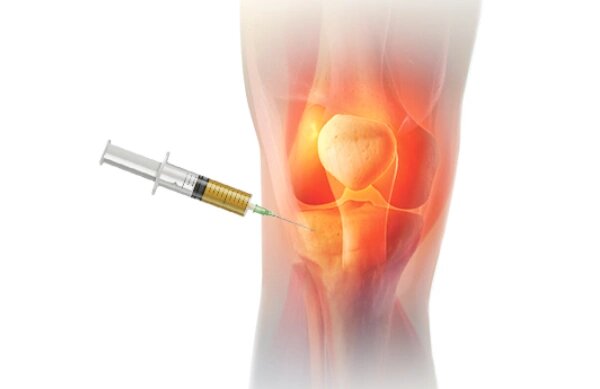

If you’re seeking pain relief and improved mobility, PRP injections for knee in Dubai, UAE present a minimally invasive alternative to surgery. In this vibrant city, Dr. Azam Badar Khan—a leading orthopedic knee specialist—offers this advanced therapy that uses your body’s own healing powers to treat conditions like osteoarthritis, tendon injuries, and post-traumatic issues. PRP (Platelet-Rich Plasma) is derived from your blood, making it a natural, safe option with minimal risk and downtime.
At his well-reputed clinics—including Prime Hospital, International Modern, Medcare, Aster, and Prime Medical Centre—Dr. Khan employs PRP injections for knee in Dubai, UAE to help patients avoid surgery and accelerate recovery. The process involves drawing your blood, spinning it in a centrifuge to concentrate platelets, then injecting the PRP solution into the damaged knee area. This approach stimulates tissue repair, reduces inflammation, and can provide sustained pain relief over several months.
Platelets are rich in growth factors that accelerate healing and regeneration in injured tissues. When PRP is injected into an injured knee, it goes straight to work—stimulating cartilage repair, improving joint lubrication, and decreasing inflammation. The treatment typically takes just 30–45 minutes from blood draw to injection, and most patients experience only mild discomfort—comparable to a routine blood test.
PRP therapy is a suitable treatment for individuals suffering from:
It may not be suitable for patients with active infections, blood disorders, or certain autoimmune diseases. Dr. Khan conducts a thorough assessment—including clinical evaluations and imaging—to determine if PRP is the right option for each patient.
The PRP injection process is simple, non-surgical, and usually done in an outpatient setting. It begins with a small blood draw, typically from your arm. The sample is then processed using a centrifuge to isolate the platelet-rich plasma. Once the PRP is ready, it is injected directly into the knee under ultrasound guidance to ensure precision.
Most patients require between 2–5 sessions spaced a few weeks apart, depending on the severity of the condition. Recovery is quick—many return to light activities within a day or two. However, it’s recommended to rest the knee for at least 24–48 hours post-injection. Light physical therapy may be advised to enhance flexibility and muscle strength around the joint.